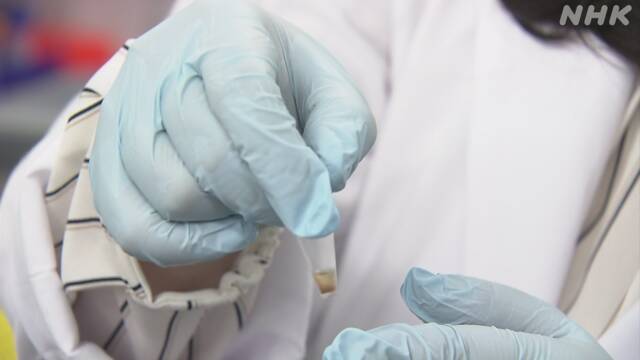A group from Juntendo University and others has announced that they have developed a method to detect abnormal proteins that accumulate in the brains of patients with Parkinson's disease and some dementias in the blood. It is said to lead to a simple and less burdensome diagnostic method.
This research was published in the international medical journal Nature Medicine by a group led by Professor Nobutaka Hattori of Juntendo University.
In Parkinson's disease and dementia called "Lewy bodies," it is known that an abnormal protein called "α synuclein" accumulates in the brain and body, and it is thought that detecting it in the blood will lead to early diagnosis, but it has been difficult to detect it reliably.
Therefore, the research group developed a new method to collect abnormal proteins in the blood using antibodies and amplify them to detect them.
In fact, less than 10% of healthy people and patients with other diseases detected abnormal proteins, while more than 90% of patients with Parkinson's disease and dementia with Lewy bodies confirmed that these diseases could be detected in the blood.
In addition, the structure of the detected proteins differs depending on the type of disease, which leads to simple and less burdensome diagnostic methods and elucidation of the mechanism of the disease.
Professor Hattori says, "Currently, the diagnosis is based on the symptoms, but if we can distinguish them by blood, we can start treatment before the symptoms appear in the future."

